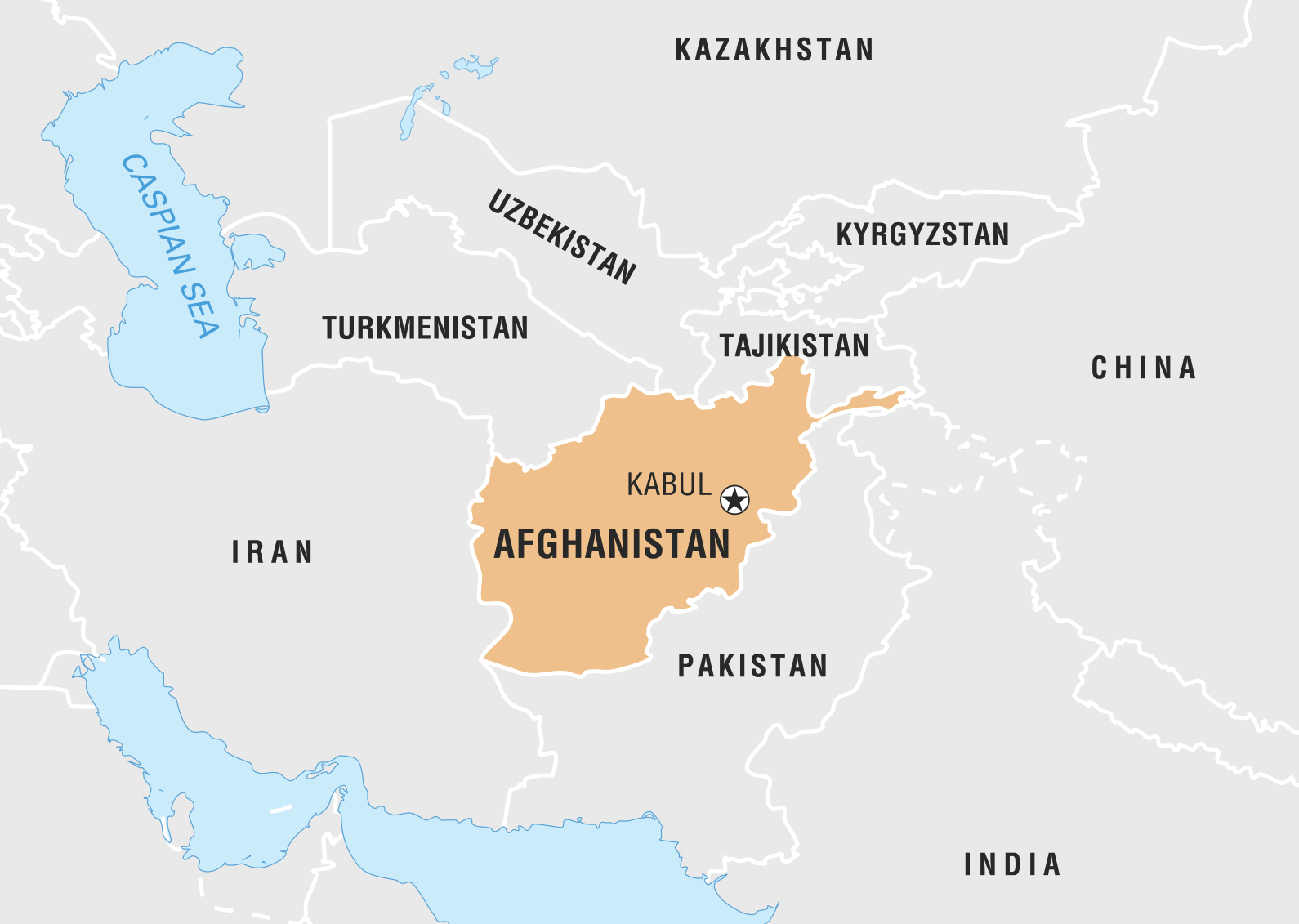Joint Actions in Afghanistan: China-Pakistan
Why in News
Recently, China and Pakistan have decided to launch Joint Actions in Afghanistan to stop the war-torn country from becoming a hotbed for terrorism.
- The recent withdrawal of US troops from Afghanistan has been matched by the swift advance of the Taliban across the nation.
Key Points
- Joint Action: It has been outlined in five areas:
- To avoid the expansion of war and prevent Afghanistan from falling into a full-scale civil war.
- To promote the intra-Afghan negotiations between the government and the Taliban and establish “a broad and inclusive political structure”.
- To resolutely combat terrorist forces and push all major forces in Afghanistan to draw a clear line against terrorism.
- To promote cooperation among Afghanistan’s neighbours and to explore the construction of a platform for cooperation among them.
- To closely work on international fora on the Afghan issue.
- Need:
- Terrorism in Pakistan:
- Pakistan is concerned over the Tehreek-e-Taliban Pakistan (TTP), which has been waging an insurgency against the country for several years.
- Rise in Uyghur Militants:
- China is worried over the regrouping of the Uyghur militants from Xinjiang, China who operate under the aegis of East Turkestan Islamic Movement (ETIM), which Beijing alleges has links with Al-Qaeda.
- The recently released 12th report of the Analytical Support and Sanctions Monitoring Team of the United Nation has confirmed the presence of the ETIM militants in Afghanistan.
- China is worried over the regrouping of the Uyghur militants from Xinjiang, China who operate under the aegis of East Turkestan Islamic Movement (ETIM), which Beijing alleges has links with Al-Qaeda.
- Economic Interests:
- If the situation in Afghanistan further deteriorates, Pakistan as well as the China-Pakistan Economic Corridor (CPEC) will be in danger. Also many other Chinese projects in Afghanistan and Pakistan will be in danger.
- There was a recent bomb attack on a shuttle bus carrying Chinese engineers at Dasu area of Upper Kohistan district of Khyber Pakhtunkhwa province, Pakistan where a Chinese company is building a 4320-mw dam on the Indus river.
- India has opposed the CPEC, which passes through Pakistan-occupied Kashmir (PoK), although China has pushed ahead with projects and stepped up its investments in PoK.
- If the situation in Afghanistan further deteriorates, Pakistan as well as the China-Pakistan Economic Corridor (CPEC) will be in danger. Also many other Chinese projects in Afghanistan and Pakistan will be in danger.
- Terrorism in Pakistan:
- Background of Situation in Afghanistan:
- On 11th September 2001, terrorist attacks (9/11) in America killed nearly 3,000 people.
- Osama Bin Laden, the head of Islamist terror group al-Qaeda, was quickly identified as the man responsible.
- The Taliban, radical Islamists who ran Afghanistan at that time, protected Bin Laden, and refused to hand him over. So, a month after 9/11, the US launched airstrikes against Afghanistan (Operation Enduring Freedom).
- After the attacks, the North Atlantic Treaty Organization (NATO) coalition troops declared war on Afghanistan.
- The US dislodged the Taliban regime and established a transitional government in Afghanistan.
- In July 2021, the US troops departed from the biggest airbase in Afghanistan after the 20-year-long war, effectively ending their military operations in the country.
- The US withdrawal has turned the balance of power in the battleground in favour of the Taliban.
- On 11th September 2001, terrorist attacks (9/11) in America killed nearly 3,000 people.
- India’s Interests:
- Investments:
- Protecting its investments, which run into billions of rupees, in Afghanistan.
- Taliban:
- Preventing a future Taliban regime from being a pawn of Pakistan.
- Pakistan's Terror Base:
- Making sure that the Pakistan-backed anti-India terrorist groups do not get support from the Taliban.
- Investments:
Way Forward
- India’s Afghan policy is at a major crossroads; to safeguard its assets there as well as to stay relevant in the unfolding ‘great game’ in and around Afghanistan, India must fundamentally reset its Afghanistan policy.
- India needs to re-evaluate its decisions and be more omnidirectional in its approach to deal with all forces that are central to the future of Afghanistan.
- India must, in its own national interest, begin ‘open talks’ with the Taliban before it is too late. The time for hesitant, half-embarrassed backchannel parleys is over.
- The changing political and security situation requires India to be more open to adapting its maximalist position and starting a dialogue with the Taliban.
